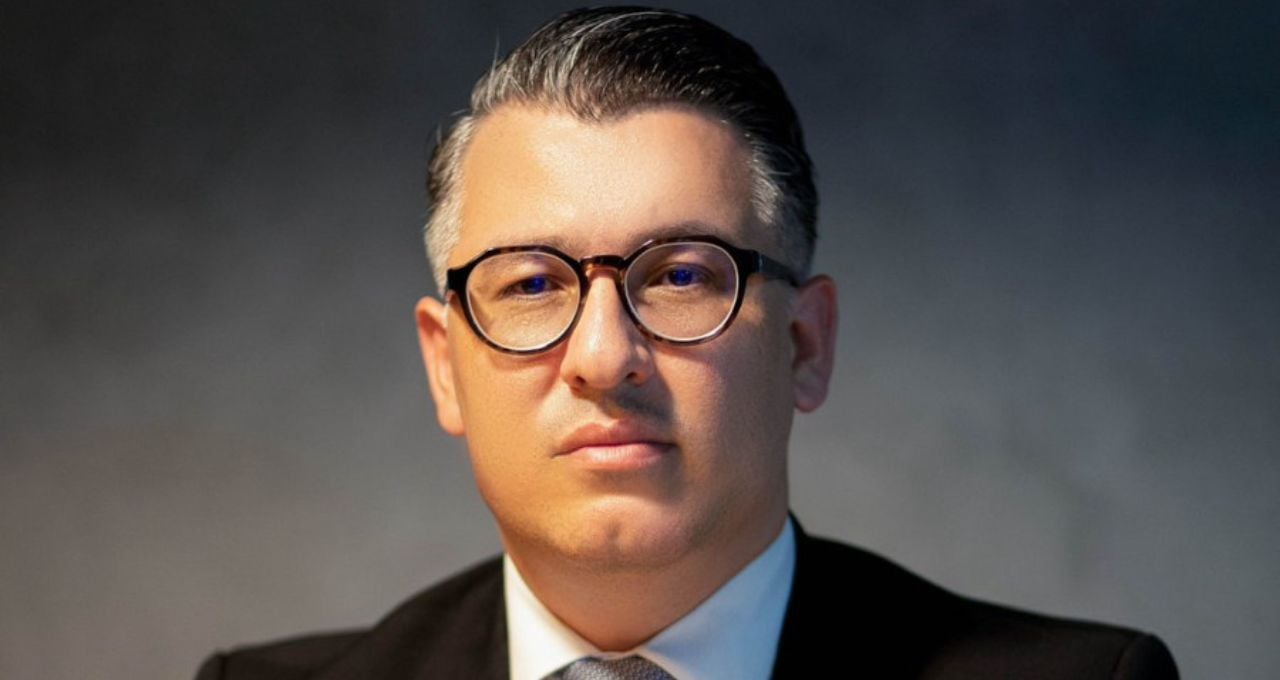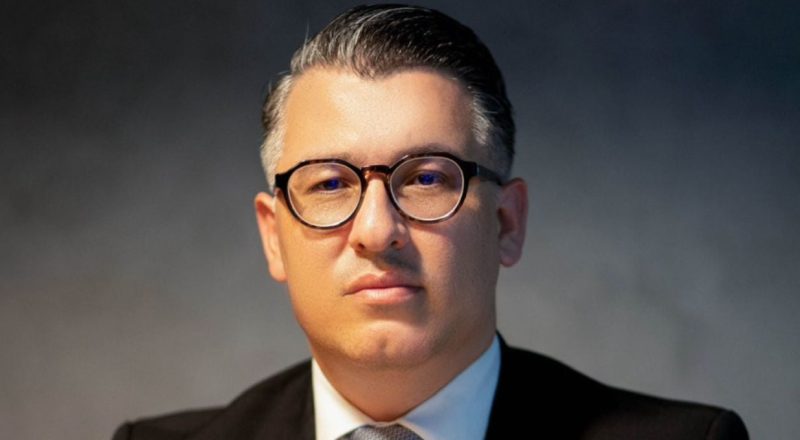
Director of risk management in agriculture says that Plano Safra is disconnected from reality and that the program only benefits banks (Photo: Disclosure)
The director of agricultural risk management at Ministry of Agriculture and Livestock (Map)Jonatas Pulquerio, said, in conversation with the Money Times, that the agro Brazil is experiencing a structural problem, with a crisis triggered by the fall in commodity prices and crop failures due to climate problems. The sector raised an alert after the request for judicial recovery of the AgroGalaxy (AGXY3) and the Agro Portal.
Last week, Pulquerio participated in a conversation with Sebastian Popik, founder of the management company Aqua Capital, which controls AgroGalaxy. According to the director of Mapa, there is a chance for new requests for judicial recovery within the sector in 2024, even for companies listed on the stock exchange.
“Aqua Capital, whether for the public or private sector, does not want to hide anything, but rather to show that agriculture is experiencing a crisis. AgroGalaxy has a credit portfolio with the producer. The one who went into debt and went bankrupt was the producer. And this was passed on to resale, which is outside the Safra Plan. But when this happens in the banking system, the government comes in and renegotiates, because there is an instrument for that. Therefore, there is no risk for banks”, he explains.
- 10 favorite shares to invest in October and try to beat Ibovespa: Check out Empiricus Research's strategy for this month on Market Turn
Pulquerio reinforces that the big problem is the lack of liquidity with the maturity of short-term debts. “It is difficult to predict other cases (of RJ's from listed agricultural companies). But the reality that I was told in the conversation with Aqua Capital is that the producer is in trouble. And if this scenario exists, let's look at other RJ's.”
Mapa Director sees 'Safra Plan disconnected from reality'
For the director of Mapa, the Safra Plan, which turns 30 years old in 2026, and which was conceived in a scenario where rural producers only sought credit from banks, needs to be rethought. According to him, the program was structured for the banking system, and today, due to the evolution of the sector, banks no longer have exclusivity in financing the sector.
“Currently, producers seek credit in the capital market, and small farmers, in particular, in resales. As a result, resellers, who are outside the system, act as if they were a bank, releasing credit through inputs. The Safra Plan is disconnected from reality, we need to rethink it from a different perspective. Other than that, there is no public data from the Ministry of Agriculture on the cost of renegotiating producers' debts”, he explains.
Furthermore, Pulquerio defends the improvement of governance by rural producers, since in periods of “fat cows”, the majority of farmers fail to make a financial reserve.
“When the moment is good, the producer thinks about a new apartment, car or expanding his land. And when there is a crisis, the first thing he thinks is not to pay, trying to extend his debt to have cash flow. Under no circumstances does he think about selling any assets or assets”, he comments.
The director says that the Safra Plan should have taken the capital market into account a long time ago, and that the Ministry of Agriculture's agricultural policy needs to refresh its profile and managers.
“The Safra Plan has been in the same way for almost 30 years, only serving the banking system, which profits a lot from operations. THE Bank of Brazil (BBAS3) is a clear example, he only lives off the Safra Plan.”
